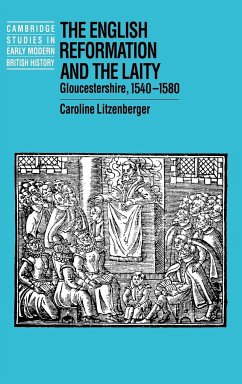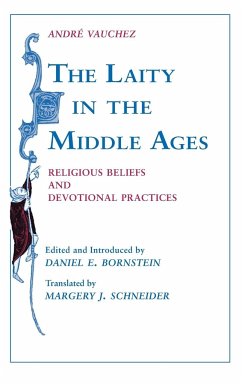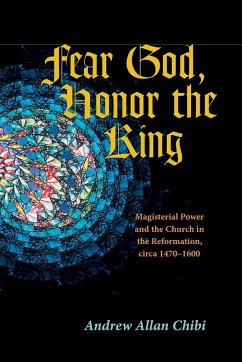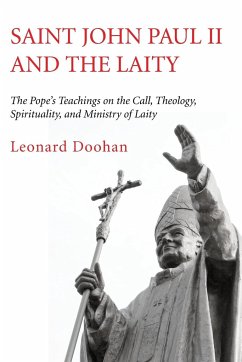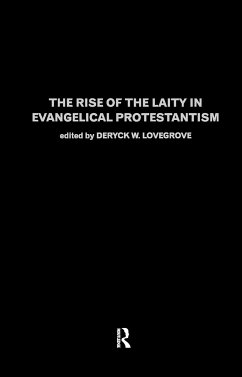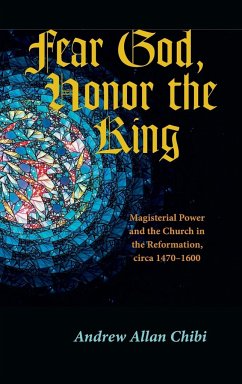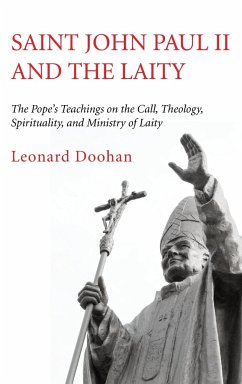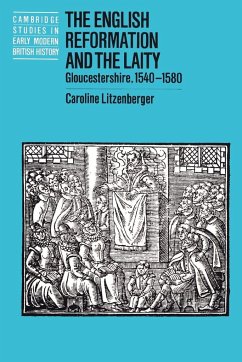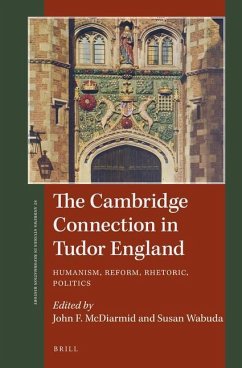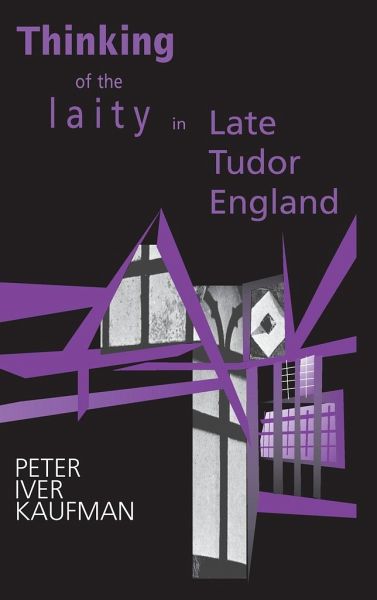
Thinking of the Laity in Late Tudor England

PAYBACK Punkte
53 °P sammeln!
Historians are usually more intrigued by what was than by what might have been. It is not surprising, then, that a relatively tame Elizabethan puritanism has been deposited within the mainstream of English Protestantism while some radical schemes, or what Peter Kaufman refers to as the what might have been, are more or less overlooked. Thinking of the Laity features fresh evidence that the advocates of broadly participatory parish regimes publicly confronted their critics. It collects shards of the expectations and regrets that survive in a few petitions, in manuscript records of university co...
Historians are usually more intrigued by what was than by what might have been. It is not surprising, then, that a relatively tame Elizabethan puritanism has been deposited within the mainstream of English Protestantism while some radical schemes, or what Peter Kaufman refers to as the what might have been, are more or less overlooked. Thinking of the Laity features fresh evidence that the advocates of broadly participatory parish regimes publicly confronted their critics. It collects shards of the expectations and regrets that survive in a few petitions, in manuscript records of university controversy, and in the recollections of proponents of lay and local control. Kaufman argues that to assemble these fragments is to recover thinking about the laity that gave revolutionary force to late Tudor puritanism. Elizabethan reformers, especially the most outspoken puritans, accused English Catholics of "expound[ing] ecclesia to be a state opposite unto, and severed from the laitie." Kaufman concentrates on the identity and aspirations of these reformers who sought to remedy the severing of the church from its people by instituting the extraordinarily controversial solution of lay involvement in parish elections and in disciplining delinquents. Opponents of the reformers perceived the participatory initiatives as a threat to order and clerical authority, and opposed experiments with laicization, democratization, and local control. By the late 1580s the Puritans had lost their fight, but the debate was both lively and public, and as Kaufman deftly and persuasively reminds us, the roads not taken are still important parts of the historic landscape. Thinking of the Laity adds to our understanding of the policy debates closely associated with the origins of puritanism, presbyterianism, and congregationalism. This book will be essential reading for people interested in the history of early modern England and in the progress of sixteenth-century religious reform.






